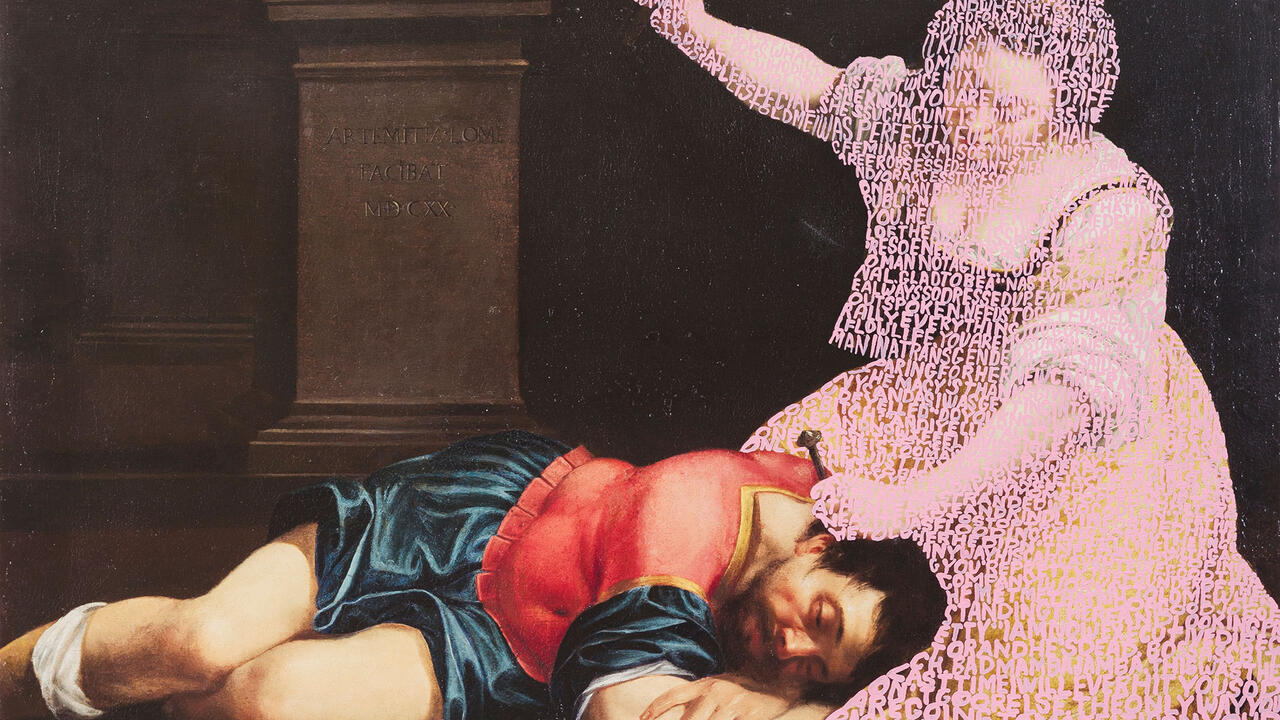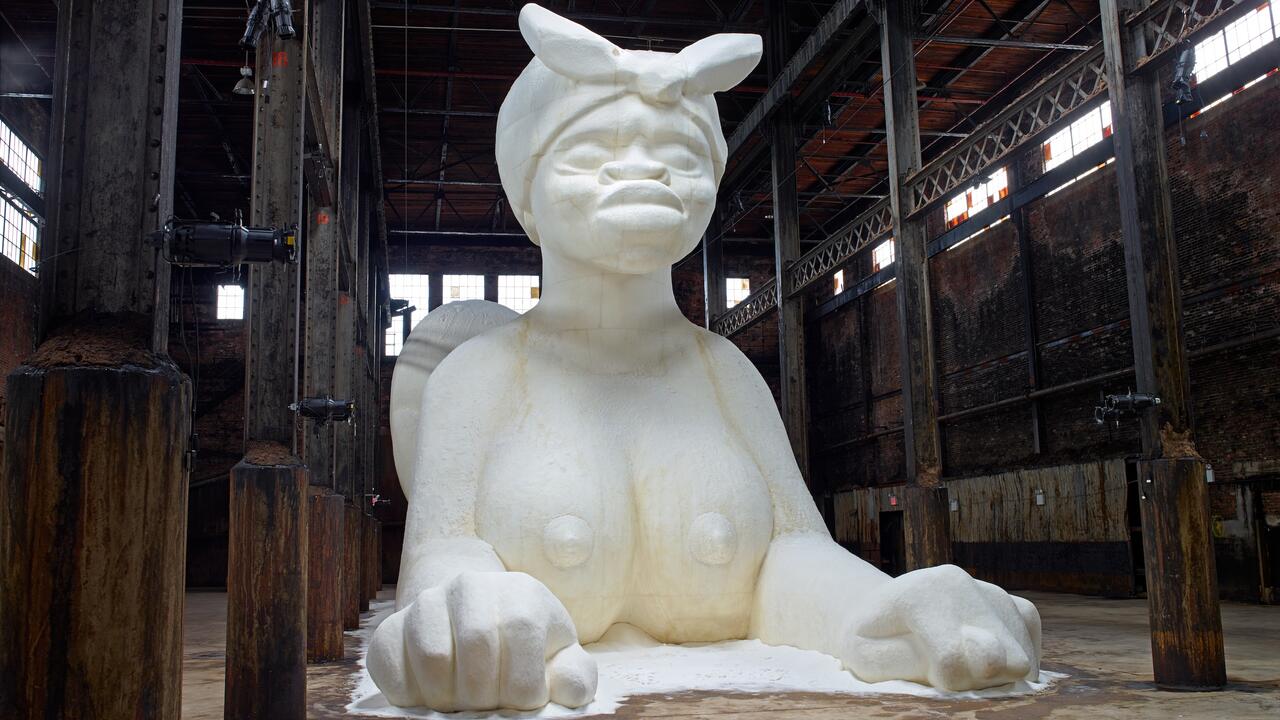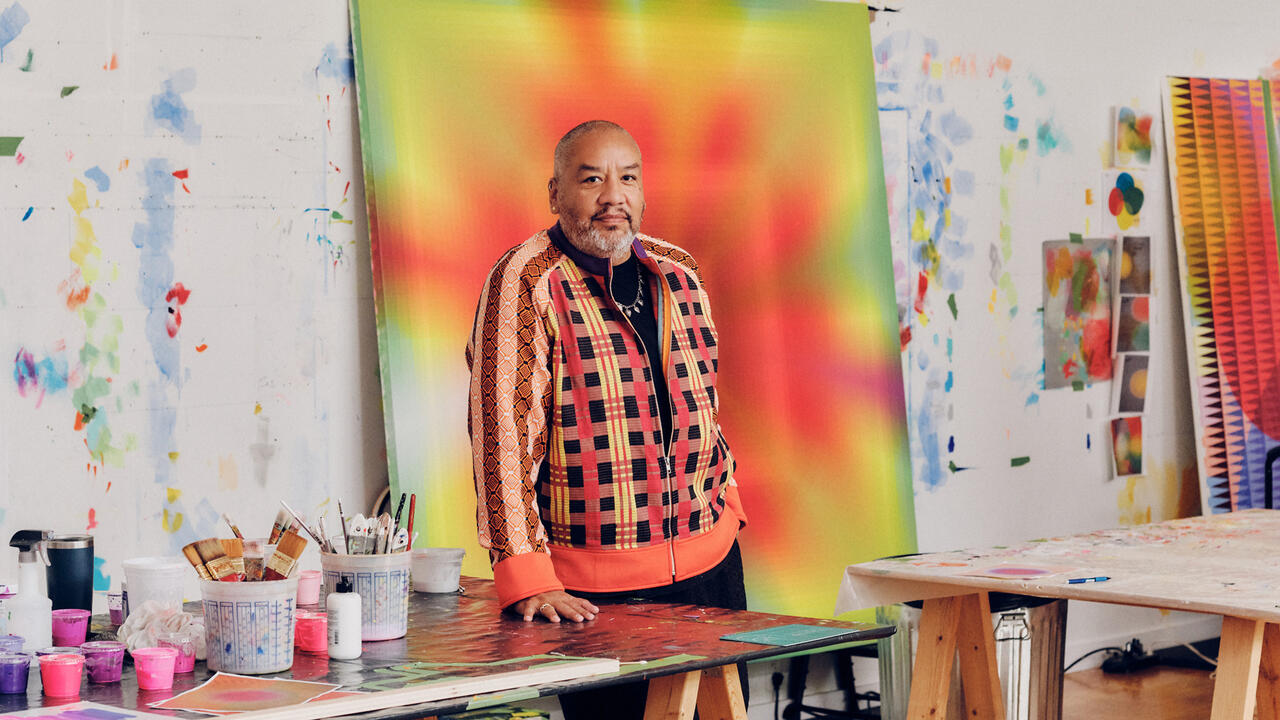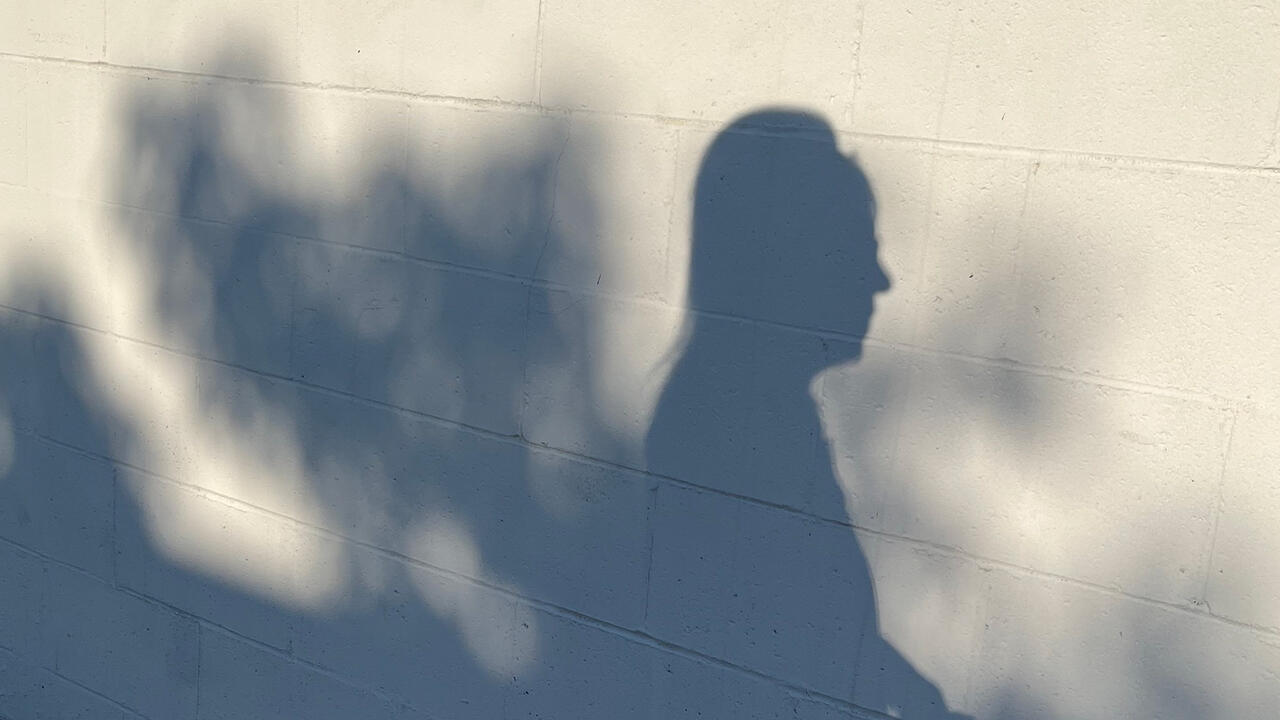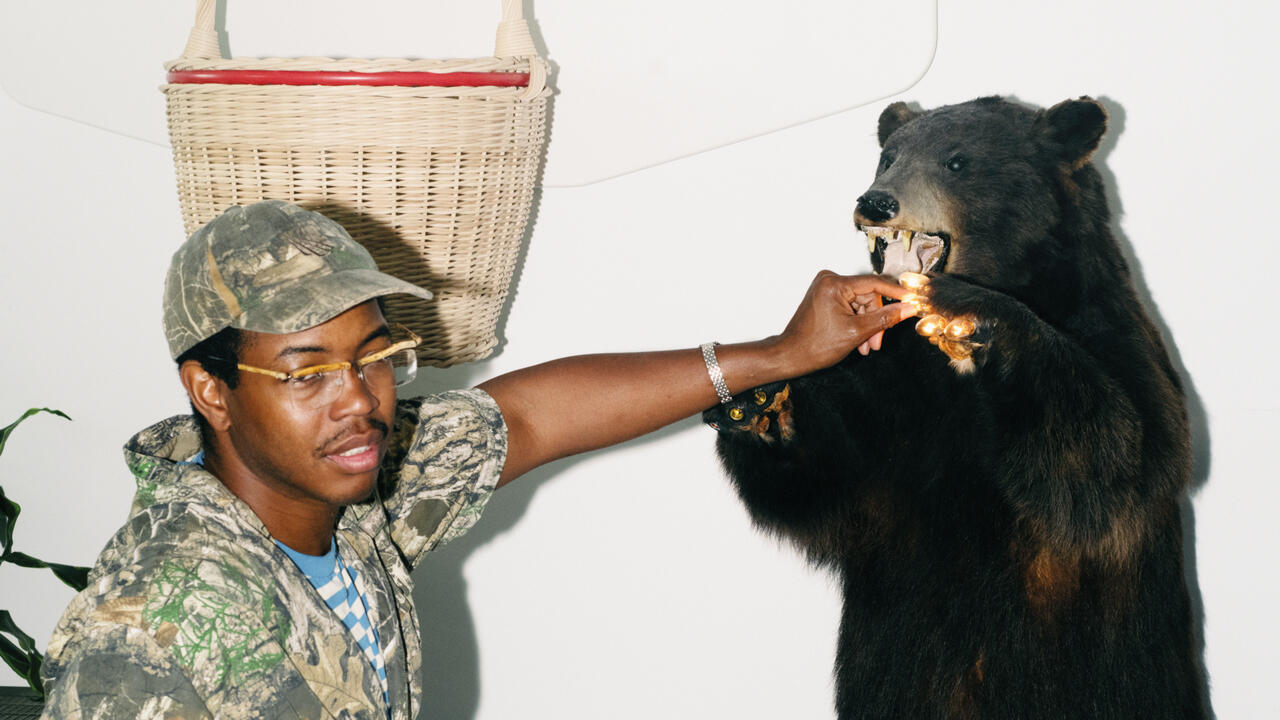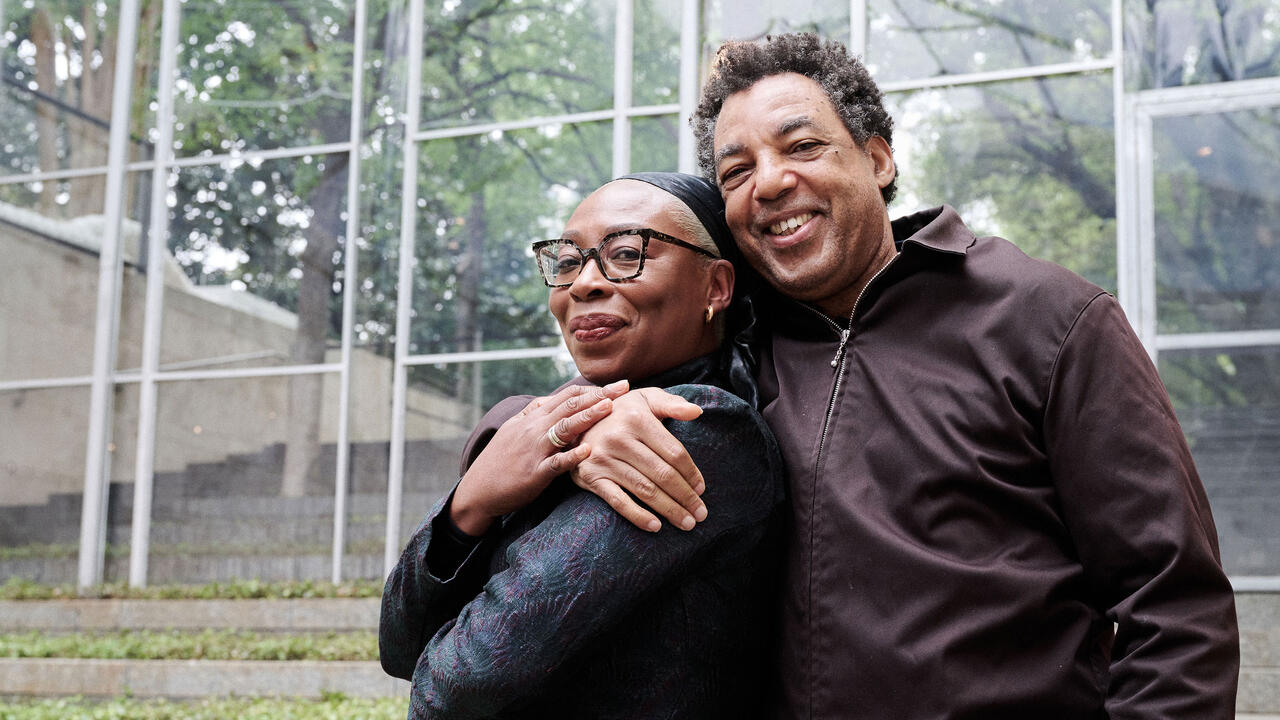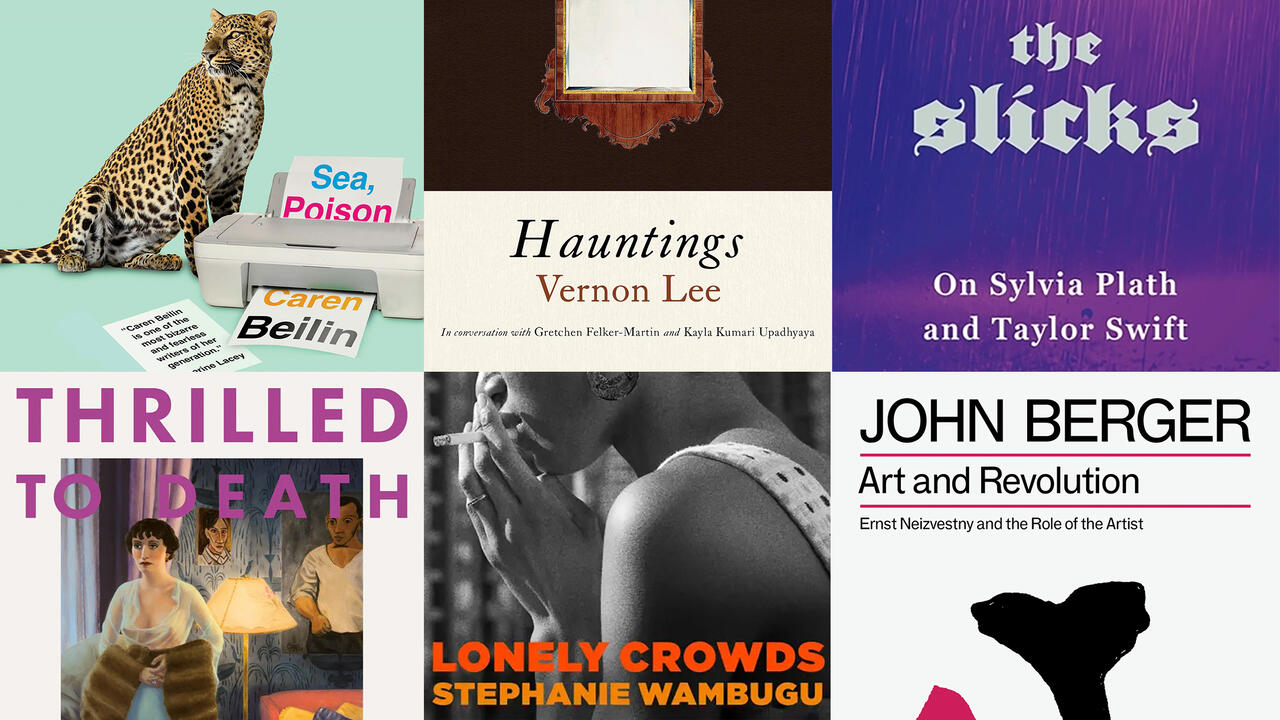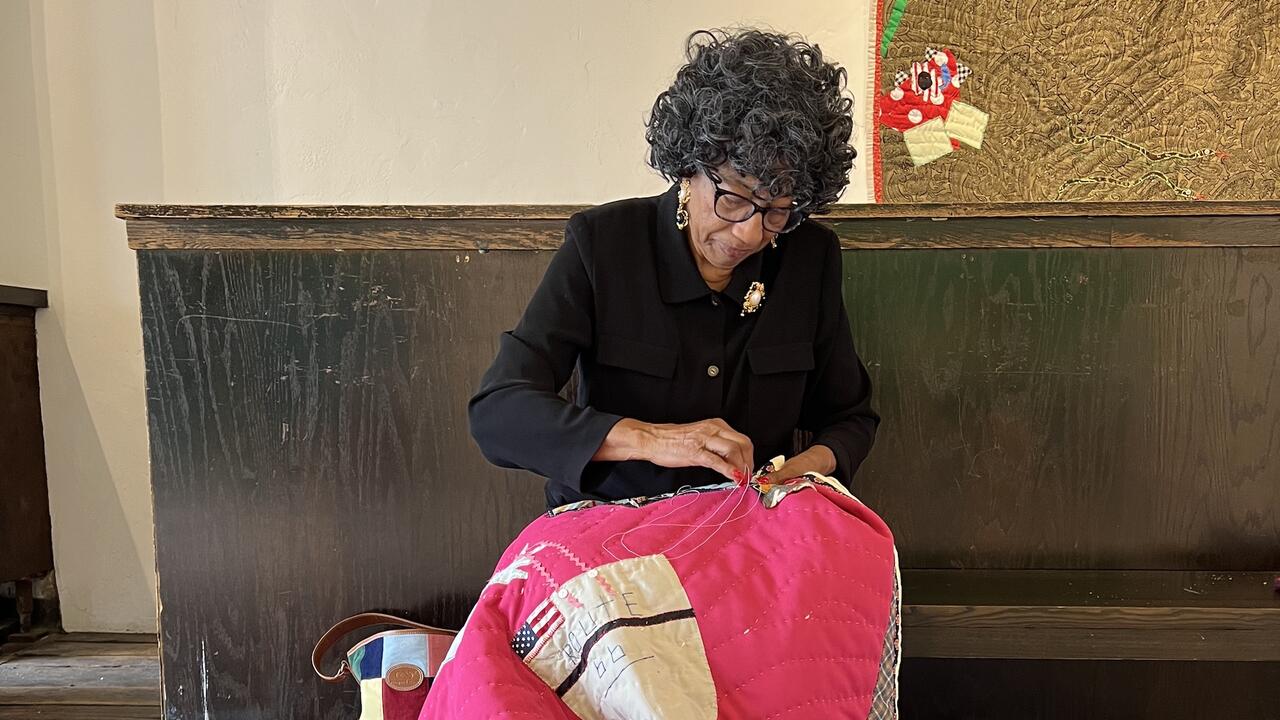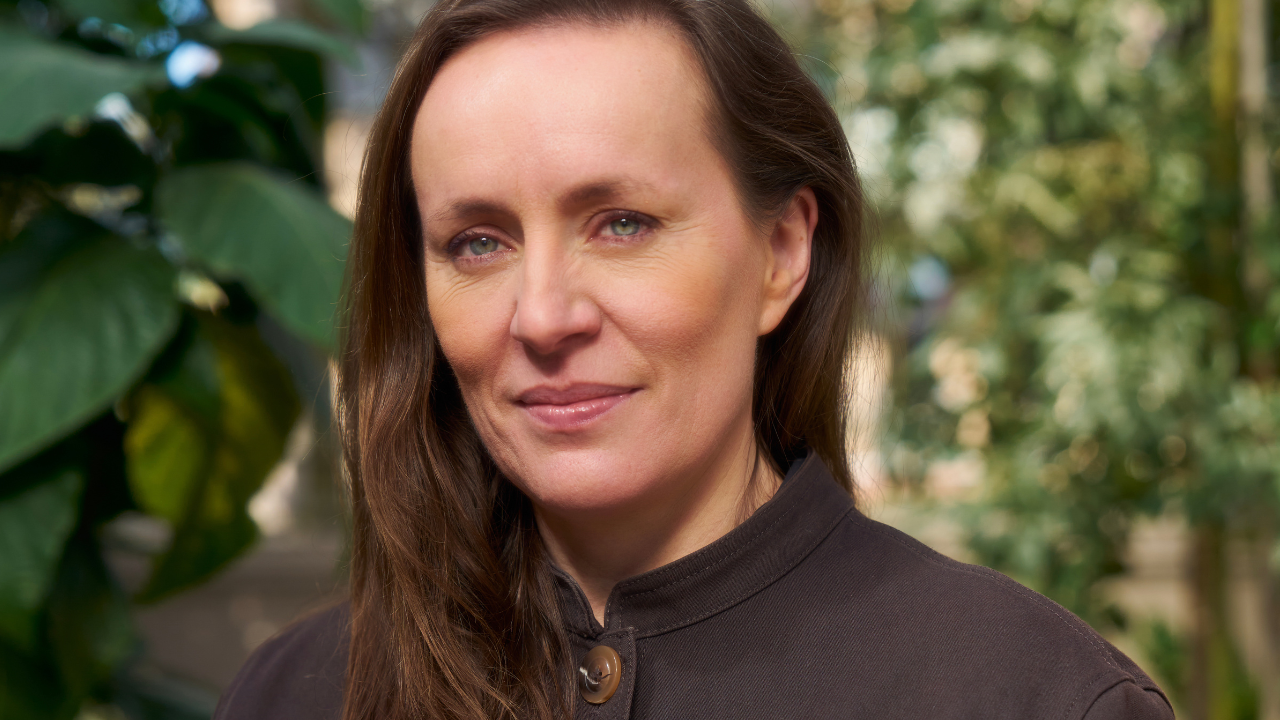Unfriendly Hosts
After his 14-year-old blog was deactivated without explanation, Dennis Cooper speaks to Andrew Durbin about Google, GIF fiction and censorship
After his 14-year-old blog was deactivated without explanation, Dennis Cooper speaks to Andrew Durbin about Google, GIF fiction and censorship

On 27 June this year, the novelist Dennis Cooper woke to find that his Gmail account and blog, DC’s, had been shutdown without warning by Google. DC’s has long been a vital resource for Cooper and his readers, who used the blog’s comment section as a space for enthusiastic debate about the novelist’s posts, which ranged from recently read book lists to reviews of rent boy ads. Was the shutdown censorship or simply a mistake? The answers remain unclear, but Cooper’s situation raises serious concerns around the safety of hosting of art projects on corporate platforms and about the fate of his long awaited third GIF novel.
Andrew Durbin Can you tell me about the origins of your blog?
Dennis Cooper Well first there was my website which Michael Salerno of Kiddiepunk designed and maintains. He ran a contest asking the site’s readers what they would like me to do, giving them a list of options. They voted for me to have a blog so that’s why I started it, around 2002. I didn’t really know what to do with a blog, but over time it gradually accumulated.
At first people would comment on my posts and I thought I had to respond. I started answering everybody every day and then that became the point of the blog. Then the posts starting being more and more elaborate, with lengthy introductions to the work of artists, writers and filmmakers young and old. Over the years it’s been an immense amount of work. I keep doing it because it’s a pleasure and people really like it. And there’s the community it’s created, which has been really great.

AD When did it shift and become almost like a social network? Did it ever feel like it was getting out of hand? How often do you work on it?
DC I work on it all the time because the posts are quite involved. The blog became what I did when I wasn’t doing anything else. Whenever I wasn’t working on my own writing, or had nothing else to do, I would make a post. After that it’s a matter of trying to keep it up, and that involves a lot of work. It became a drag when I couldn’t figure out how to continue my own fiction work around it. Eventually I worked out how to organize my time so that I could do both.
In 2004 it got hacked or shutdown (I’m not sure which), so I restarted it. The rest was completely plain sailing until three weeks ago when the blog was removed.
AD On 27 June.
DC Yes.

AD How did the blog change your writing practice?
DC I had to reorganize my time because generally I’ve written in the mornings, but then those were taken up with responding to people’s comments, which takes a couple of hours each day. I had to start getting up early so that I could work on some fiction or other projects before updating the blog. Otherwise one of the things I like about making those posts is that it’s totally an education. If I want to do a post about Abbas Kiarostami, for example, I end up learning huge amounts about him. I get to go through this mini film festival while I’m making it.
It was an excuse to investigate things I was really interested in and that research obviously feeds into whatever I’m working on. It’s been a really happy marriage and my GIF fiction would never have happened if I didn’t have the blog.
AD I think people love the blog because it makes much of your practice transparent, particularly your research. Let’s talk about your GIF fiction. The first one, Zac’s Haunted House (a novel), came out last year.

DC Yes, followed by a collection of short works called Zac’s Control Panel (2015). There’s another GIF novel that I worked on for seven months and that’s on the blog.
AD And now it’s at risk of being lost?
DC It is, because I actually work on them in the blog. I started just by fooling around making posts with GIFs. Then I began to realize how much you could do with them. I’ve always used the site in that way – it’s my only workspace. It’s a blog but it also has this private area where I construct the GIF fiction.
So I made the new novel there and that’s the only place it exists. The GIFs themselves are in storage. I worked on it for seven months and, if I lose it, I will have to recreate it from memory and that might not even be possible. Michael was going to publish it and I had progressed as far as setting up all the basic information like the sizes of the GIFs so that he could work from the blog to design a layout. He was going to do that when he got back from vacation, but then the blog was taken down while he was away so he couldn’t.
AD What was the response to the first GIF novel? It seemed like quite a different direction for you.
DC I don’t know the latest figures but it was massively downloaded and it got worldwide press. It was crazy because nobody had ever made a GIF novel before. I wasn’t trying to invent some new form. I don’t actually think it’s a form that other people can use because it’s pretty difficult and limiting. But the two books were quite a big phenomenon.

AD Were you surprised?
DC I didn’t know what to expect. I take this work extremely seriously. To me it’s completely like my other writing, especially The Marbled Swarm (2011). It’s definitely taking what I was doing with that novel and furthering it in a way that couldn’t be done with writing. If you start to see GIFs as a language, a single one can act like anything from a word to a paragraph or something else. You can actually construct these really interesting, complex works of fiction. The GIFs retain the power of visual images but are organized via writing-oriented methods. The overall work can reach places formally and structurally, even emotionally, that written language-based fictions can't, or that's the idea.
By using found GIFs I can force what I don’t like about fiction to the bottom – the parts that normally dominate: plot and characters and all that shit. Those elements are still there but you have to really search for them. I’ve always longed to do something where the machinations of the prose, all the structural stuff, would become equally important as plot or character. As limiting as they are, with GIFs you can actually make that happen. It’s been really exciting and I’ve gotten a great response to both books. The new one is by far the best, so I really hope I can get it back.
AD For a long time people have claimed that the internet is the future of publishing. What’s happened to you really undercuts that argument. Many of us use blogs, Google docs or email to write fiction, but suddenly these platforms, and our position on them seems quite vulnerable. Has this changed your view of online publishing?
DC I definitely realised how unbelievably lazy I was not to back it up. It was a complete delusion that I wouldn’t have to worry about it because everything had gone so smoothly. You even have to think about the fact that technology moves on and site designs become outmoded. The internet is transitory.
If I do get the blog back I’m going to move it to my own domain. I would not advise people to put stuff in the cloud and think it’s safe.

AD I think we are all lazy about these things.
DC Yes you’re busy and you just want to think about what you’re working on, not worry about whether it’s safe. I’m from another time, and came to all this rather late, so I can be very naïve.
AD If Google does restore the blog, will you go on using BlogSpot or find another platform?
DC I honestly think it would take a miracle for them to restore the blog at this point.
AD Really?
DC Well there’s been a lot of press attention now, plus PEN America (the writer’s association) made a statement, but Google hasn’t responded. It’s like they just don’t care. All any journalist gets from them is ‘we’re aware of this and we have no comment’.
I looked a filing a lawsuit but you don’t really have many rights and these companies cover their asses pretty carefully. They say they’ll give you a warning, but they never gave me a warning. It was just bang gone and they have no legal obligation to warn you. They say you own your intellectual property rights, but they don’t legally have to give them to you. There’s always some little loophole.
At this stage all I’m asking is, if the blog is not destroyed, for them to let me inside so that I can save the work. If I can retrieve it, I’ll definitely keep blogging because I like doing it. If everything’s lost, I’ll have to reconsider: ten years of work is a lot to lose.

AD I’m curious to know what you think about the censorship issue.
DC Nobody knows why this happened. Everybody assumes it is censorship because they think I’m some crazy monster. People who haven’t seen the blog immediately write that it was a transgressive space when mostly it was about stuff like amusement park rides. So people jump to conclusions when they say it’s censorship. Granted that would make sense because why else would they do it, and because of those male escort slave posts. With those I was just interested in the language people use to objectify themselves in escort adverts, and there was no contact information or way of identifying them. Those posts are really not that extreme compared to what’s available on other blogs.
AD It’s not wild at all, considering what you can find on other BlogSpot accounts.
DC I never used pornographic imagery and most didn’t even show the escort’s genitals. Only the text was sexual. It’s a mystery why this happened. Google isn’t willing to say whether or not it’s censorship. That they don’t have to even address this is what’s so shocking, It seems like cowardice.
AD Yes, unless they realize they’ve made a big mistake and they’re trying to find a way rectify it?

DC They had a whole week when I kept asking them to tell me what was going on before going public. I told them ‘you’re going to force me to publicize this because you won’t answer me’. I don’t think they realized that I’m a writer, a known person. I think they just assumed they could just brush me off and the situation would go away. They probably do that all the time to people who don’t have any power or clout.
AD What’s the next step for you? Is there anything other people can do to address your situation or the larger issues that it raises?
DC I don’t know what you can do against an organization like Google. The writer, Mark Doten, has started a change.org petition. It’s really sweet of him to try, but I just don’t think it’s going to make any difference. What would it take? This isn’t really something that could become a broader movement because the situation is too unclear. We’re all guessing that this is censorship but we don’t actually know that. I really thought that getting PEN involved would make a difference, but so far it hasn’t.
Everybody just has to start protecting themselves and their work. I don’t think anybody should stop doing what they’re doing, but these platforms are not your friends; these hosts are not your friends.
Dennis Cooper is a writer and contributing editor of Artforum, based in Paris and Los Angeles. He is the author of ten novels, most recently The Marbled Swarm (Harper Collins, 2012) and the GIF novel Zac's Haunted House (Kiddiepunk Press, 2015). His most recent works are a feature film, Like Cattle Towards Glow (2015), co-created with Zac Farley, and a theatre work, The Ventriloquists Convention (2015), in collaboration with Gisele Vienne.
The petition to restore Dennis Cooper's blog can be found here.









